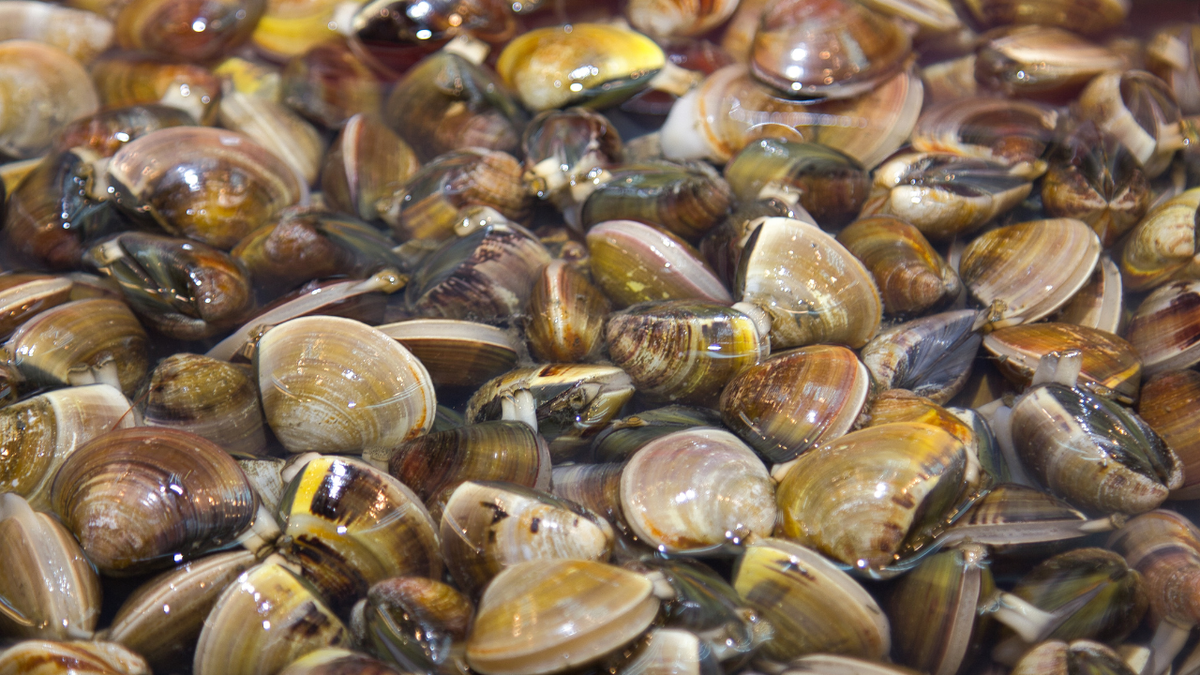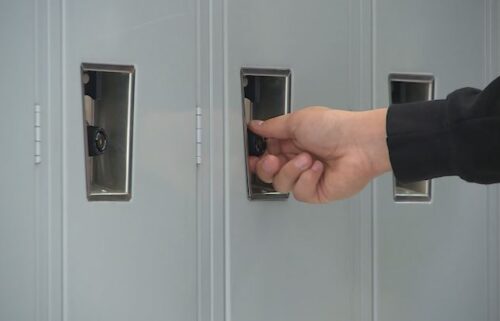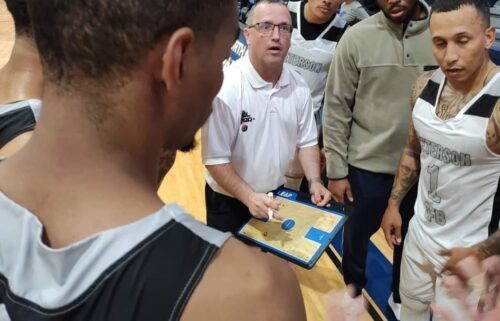“Devastating” invasive species of mussel found in Colorado River, Government Highline Canal

COLORADO SPRINGS, Colo. (KRDO) – An invasive mussel species has found its way to the Colorado River and the Government Highline Canal near Grand Junction, a development that Colorado Parks and Wildlife officials say is "devastating."
Officials say the non-native zebra mussels could impact water users in the region and threaten the livelihoods of other animals local to the area.
"Having our canal and the Colorado River test positive increases the threat of this invasive species and could impact everyone in the Grand Valley," said Tina Bergonzini, Grand Valley Water Users Association General Manager, in a July 16 release. "From irrigation to drinking water, the ramifications cannot be underestimated or overstated.”
CPW first discovered the concerning zebra mussel veligers, or larva, during routine testing in early July, when members of their Aquatic Nuisance Species team collected a plankton sample from the Government Highline Canal.
The same team then collected plankton samples from two locations in the Colorado River on July 8, finding a single zebra mussel veliger in each sample. All samples tested positive for zebra mussel DNA.
CPW says the mussels likely made it to the area by hitching rides on boats and other equipment that makes contact with bodies of water.
“This challenging discovery has ecological and economic impacts not only on the Grand Valley but potential statewide impacts as well," CPW Director Jeff Davis said in the announcement. "CPW is committed to working with all of our partners as we work to better understand the extent of this discovery and the next steps in protecting the natural resources and infrastructure."
CPW said zebra mussels pose an extreme risk of ecological impacts to the state. Their presence is likely to negatively impact native fish populations due to their filter-feeding strategies that strip essential prey items, such as plankton, from the water.
Zebra mussels also pose a risk to infrastructure. As the mussels mature, they bond to surfaces and become extremely difficult to remove. CPW says this can lead to clogged water infrastructures that create long-term maintenance issues.
CPW staff is now working to figure out next steps, the first being putting up signs at river access points to alert the public of the river status.



